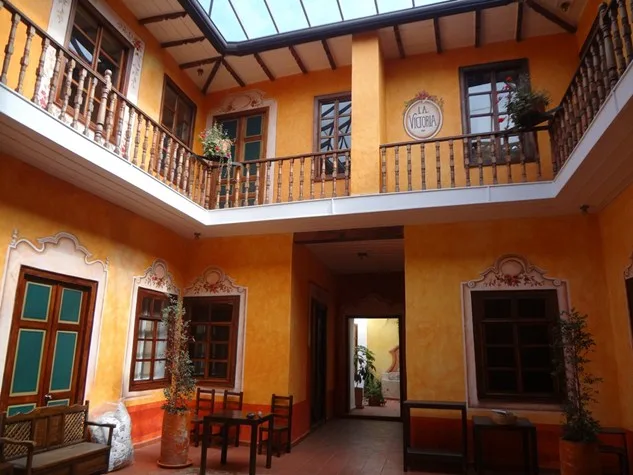As protests lose momentum, Conaie says it will meet with its ‘base’ to plan future action
The anti-government protests appeared to be losing steam on Thursday as several labor and indigenous organizations announced they would suspend their participation until after the five-day holiday weekend. Although the Confederation of Indigenous Nationalities of Ecuador (Conaie), the main organizer of the protests, vowed to “remain in the streets,” its leaders said they would consult with member factions to decide future anti-government action.

Leonidas Iza is a controversial figure in the indigenous community.
On Wednesday afternoon, the United Workers Front announced it was withdrawing from the protest until after the holidays and on Thursday morning the Union of Campesino Organizations of Imbabura also said it was pulling out to “reevaluate its interests.”
This followed Monday’s announcement by the National Campesino Movement that it had decided not to participate, preferring to continue its negotiations with the government.
“The mobilization has been a major disappointment for Conaie, especially for [President] Leonidas Iza,” says former leader of the Imbabura Campesinos, Carlos Aldaz. “The turnout in Quito and other cities was much lower than expected and the rural support did not materialize at the level he hoped for,” he says. “Iza hoped for a repeat of the October 2019 strike and a multi-day uprising that would bring the country to its knees. He wanted to create a disruption that would stop holiday travel and this will not happen.”
Aldaz says the indigenous and campesino people have many legitimate complaints about government policies but there is lack of a consistent message. “I believe the focus on fuel prices was a mistake,” he says. “We all agree that the higher prices hurt the poor but it is not an issue that creates mass outrage. [President Guillermo] Lasso’s price freeze, even at the higher rate, has confused some people who believe he did what Iza demanded.”
The issue of labor rights is also not well articulated by protest leaders, Aldaz says. “Lasso’s plans would take away protections from workers but with so many people unemployed there is a feeling that any job is better than nothing,” he says. “Look at the thousands leaving the country for the U.S. These people would accept any kind of employment.”
San Francisco University history professor Antonio Murillo agrees with Aldaz that Conaie miscalculated the support for protests but adds that Iza may be part of the reason why. “Even among the indigenous population, Iza is a very divisive figure,” he says. “He doesn’t hide the fact that he is a communist — an Indo-American communist, to be exact — who supports the overthrow of the existing government. In fact, the title of his book is “Estallido” [Explosion].”
Although the vast majority of indigenous and campesions favor leftist positions, Murillo says, few of them are ideological. “They favor fuel subsidies and programs that provide support to their communities but many of them are farmers and small business owners who depend on the market system for a living. Although there was wide participation in the October 2019 strike, many felt the result harmed the movement more than it helped, and it is against this history that we see the reluctance to become part of Iza’s revolution.”





















